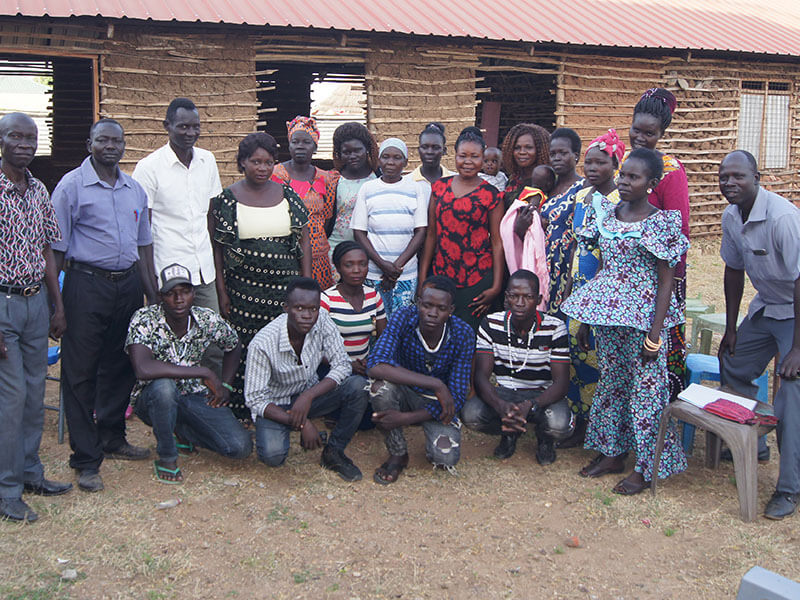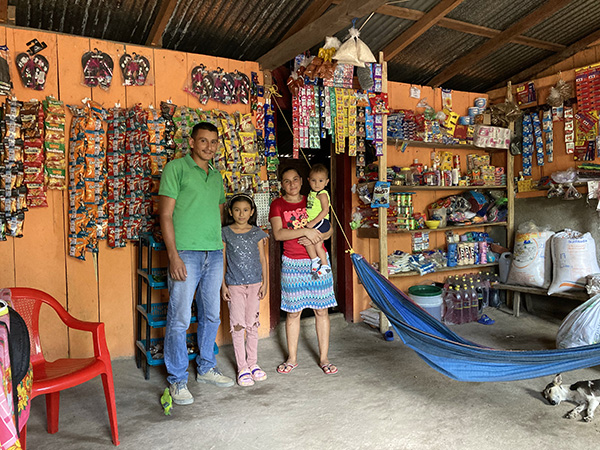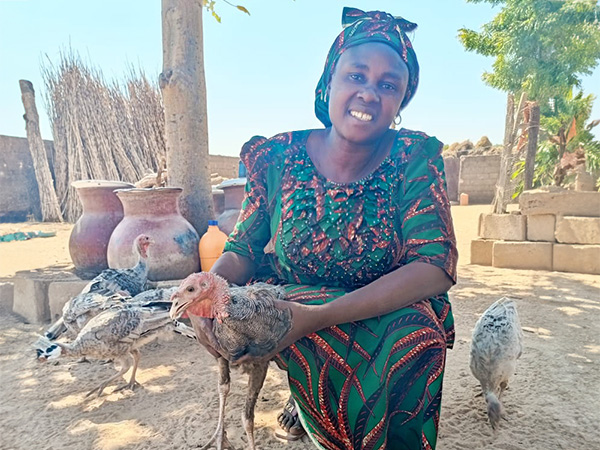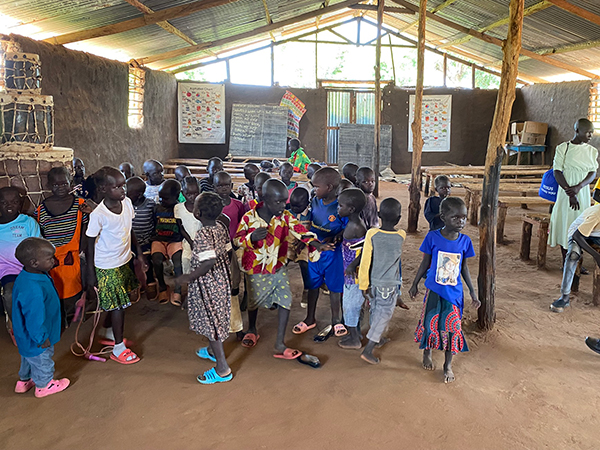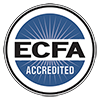South Sudan is one of the most economically depressed countries in the world. The country should be an economic leader in Africa because of its abundant water, fertile ground, and oil reserves. But generations of war and corruption have left the people among the poorest on the continent. Some of our newest SALT savings groups are helping people utilize their resources to restore hope for South Sudan.
South Sudan’s economy is crushed since the civil war that lasted from 1983 to 2005. After South Sudan declared its independence from Sudan in 2011, another internal war between tribal factions started in 2013. Only recently have the rival leaders bartered a tentative peace agreement to end what seems like generations of fighting.
Teaching South Sudanese about God
CAM has been working in South Sudan for several years to help meet some of the pressing needs. One of CAM’s regional contacts travels there to teach the Bible orally because of the extremely low literacy rate. South Sudan’s official literacy rate is 27 percent, but many claim it is lower in the villages and rural areas.
South Sudan and other countries with low “book learning” experience have a high retention rate. They learn and remember things from listening to information through stories. Think of the old grandpa telling stories to his family that he learned when he was a boy. The accuracy and attention to detail make storytelling an effective way to share the Gospel with those who cannot read. The SALT program has come alongside this oral teaching program. SALT savings groups in South Sudan’s capital city of Juba teach clients about God while teaching them ways to save money.
The need for Bible-based teaching in South Sudan is huge. Although statistics claim that 60 percent of South Sudanese are Christians, few truly understand and live the teachings of Jesus. Many lack the basic knowledge of Bible truths. When people struggle to survive from day to day, they sometimes use religion as just another good luck charm. They often call upon whatever higher power seems to work at the time.
Even with all the challenges in South Sudan, people seem excited about the SALT savings groups. Our staff and contacts observe many positive changes happening through SALT. One such development is seeing tribal groups work together. In Africa, as in many parts of the developing world, people have strong identity with their native tribe. Individual languages, clothing, and even family names maintain the distinction of one group versus another. This distinction often results in rivalry and open conflict. Seeing six or seven tribal groups working together in one savings group is a blessing. We pray this will lead to further respect and love for each other.
Helping South Sudanese become self-sustaining
Another positive result is seeing savings group members find ways to provide for themselves to the point where they can take care of children orphaned during the war. With war and disease dominating South Sudan’s recent history, there are many orphaned children. Now many of these children are lovingly included in a new family. As adoptive parents develop more Biblical knowledge and money management skills, they can positively impact the children. This shows potential for these children to impact their communities in the future.
If South Sudan’s conflicting parties can settle their differences, the potential for growth and improvement is great. With God’s help, we want to seize this opportunity to walk alongside group members. We desire to help them find ways to provide for themselves while teaching them life-changing truth from God’s Word. Pray for the work of the SALT program as we strive to provide hope for South Sudan.
